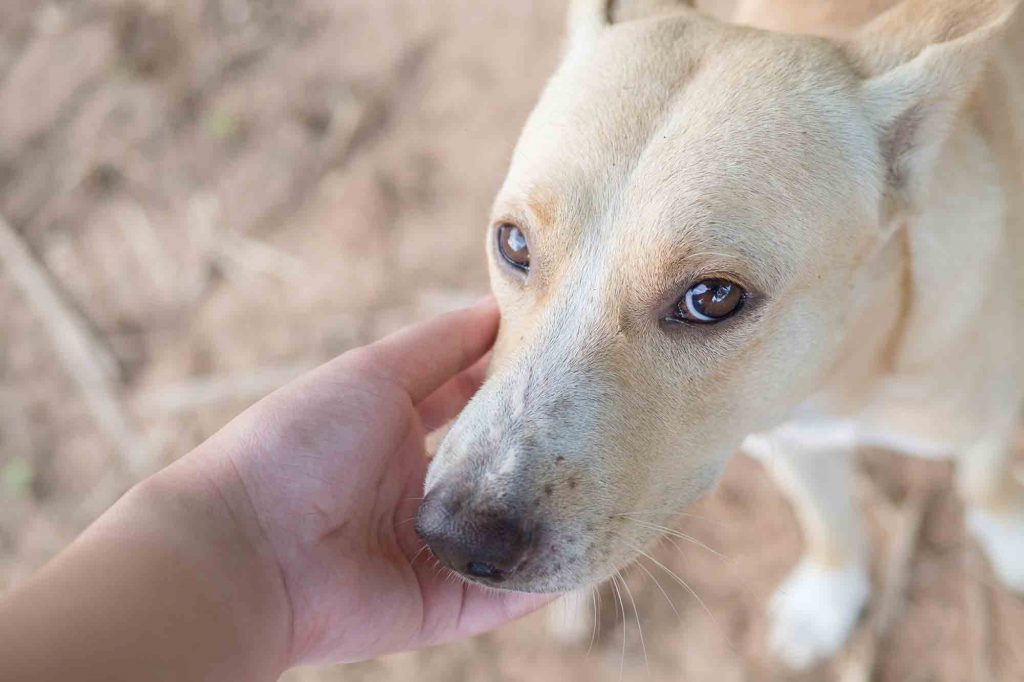Pet Cancer: A Primer
 Hearing that your pet has cancer is a frightening experience, but according to the National Canine Cancer Foundation, 1 out of 3 dogs will receive a diagnosis of cancer in their lifetime. For cats, the statistic is 1 out of every 5 according to the Animal Cancer Foundation.
Hearing that your pet has cancer is a frightening experience, but according to the National Canine Cancer Foundation, 1 out of 3 dogs will receive a diagnosis of cancer in their lifetime. For cats, the statistic is 1 out of every 5 according to the Animal Cancer Foundation.
There is good news, however. Some pet cancers are treatable, especially if caught early and treated aggressively. There’s also ongoing research for the development of new treatments, as well as cures for some forms of cancer. At Volunteer Veterinary Hospital, we honor Cancer Awareness Month by exploring common forms of pet cancer and some possible treatment options.
Common Pet Cancers
Dogs and cats get different forms of cancer. Cancer can occur at any age and in any breed of pet. The most common forms of cancer in dogs are:
- Lymphoma — Commonly diagnosed in dogs 6-9 years of age, this affects cells in the lymph nodes and bone marrow.
- Hemangiosarcoma — Most common in large breeds, this is a cancer of the blood vessels.
- Mast cell tumors — The first sign of this illness is often a lesion on the skin. It’s typically found in mixed breed dogs and older dogs.
- Melanoma — This highly aggressive form of cancer is commonly observed first as a sore near the mouth.
- Osteosarcoma — A cancer of the bone, this normally affects a specific limb and is common in large breed dogs.
- Mammary cancer — This cancer is most common in female dogs who have been spayed after the age of 2.
The most common types of cancer in cats include:
- Lymphoma — This cancer is typically found in the kidneys, liver, intestines, nasal cavity, or the lymph nodes. It’s often very responsive to chemotherapy.
- Squamous cell carcinoma — This cancer affects exposed skin in cats, especially in white cats in sunny climates.
- Soft tissue sarcoma — This is an aggressive form of cancer of the connective tissue. Treatment often includes surgery, as well as chemotherapy and radiation therapy.
Signs of Cancer
The development of cancer in pets can be slow or fast; early diagnosis is key. It’s more commonly found in senior pets. If you see any of the following signs, don’t hesitate to contact us:
- Loss of appetite
- Unexplained weight loss
- Abnormal swelling
- A wound that does not heal
- Loss of energy
- Ongoing lameness or stiffness
- Difficulty breathing, passing stool, or urinating
Diagnosis and Treatment
Luckily, we offer several advanced methods of diagnosis that allow us to detect cancer early. Annual physical exams are a great first step in helping us catch health problems before they get out of hand. If you’re worried about something in particular, please come see us right away. We can employ some great in-house diagnostic tools, including:
- Advanced lab services
- Digital color doppler ultrasound
- Digital radiology
Treatment depends on many factors, including the specific type of cancer a pet has developed. Once we know this information, we can discuss potential treatment options. Your pet’s quality of life is the most important guiding factor in any treatment plan. At Volunteer Veterinary Hospital, we can provide certain treatments, including surgery and chemotherapy. Most importantly, we will be with you every step of the way.
Please call us today with any questions. We’re happy to see your pet for an evaluation or to provide a tour of our facility.

